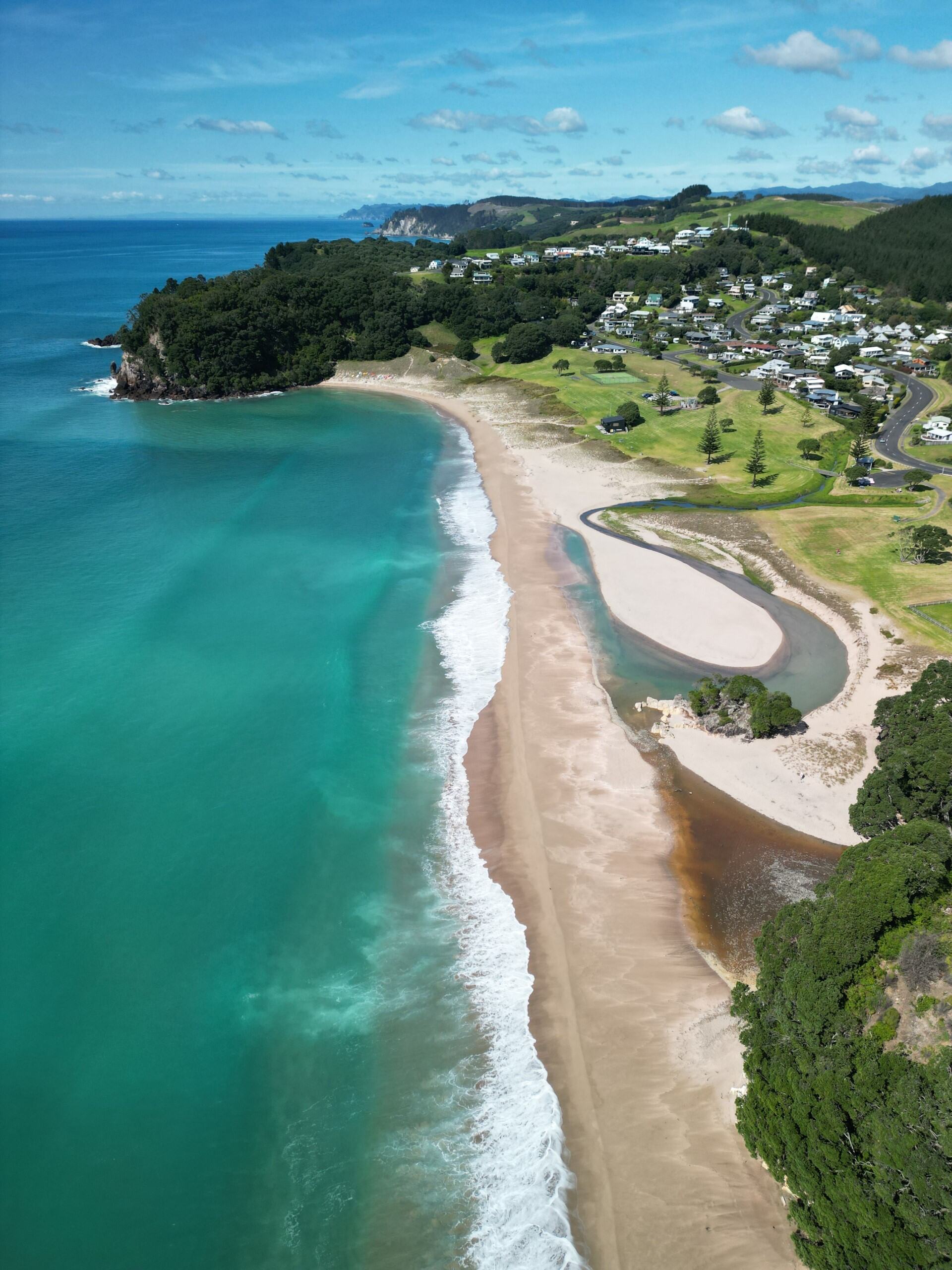Environmental Planning

Why study Environmental Planning?
Many of our urban and environmental challenges have strong planning dimensions and require interdisciplinary solutions. Our qualifications recognise this and enable students to develop flexible and interdisciplinary programmes of study.
You'll be taught by leading academics and industry experts who are at the forefront of the latest research and innovation in climate change adaptation, spatial development, coastal management, urban spatial analysis, Māori resource management, cultural landscapes and biodiversity conservation.
Our Programme has a strong vocational focus and is committed to producing work-ready graduates in line with professional standards. With close connections to the wider Waikato region and abroad, our degrees provide core planning knowledge and skills to help you shape your future career.
Career opportunities
- City Planner
- Environmental Planner
- Iwi Management Planner
- Policy Analyst or Advisor
- Project Manager
- Researcher
- Resource Consent Planner
- Reserves Planner
- Transport Planner
- Environmental Consultant
- Conservation officer
Hamilton, Tauranga, Online
Study Environmental Planning in these qualifications
The Bachelor of Environmental Planning (BEP) is a professional accredited degree.
Please note: For all graduate subject requirements, check the information provided in the Subject Regulations section below.
Subject regulations
Environmental Planning papers
Scholarships and prizes
Visit our Scholarship Finder for information about possible scholarships.